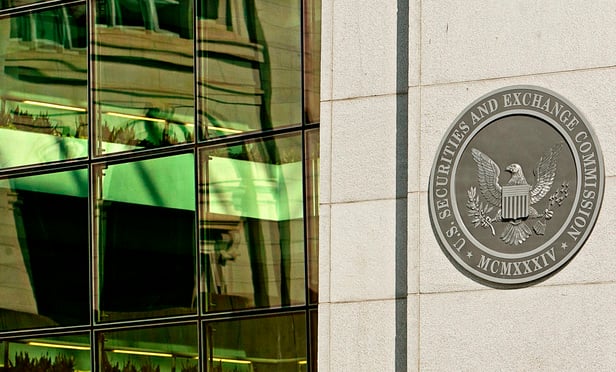Clayton, a Sullivan & Cromwell partner since 2001, was not reached for comment Thursday about his financial disclosure. His confirmation hearing before the U.S. Senate banking committee is set for March 23.
Clayton has also done legal work for Goldman Sachs, where his wife works as a private wealth adviser. The bank has been a feeder for the Trump administration, with former executives filling the posts of Treasury secretary, chief strategist and chairman of the national economic council.
Other notable Clayton clients included Reid Hoffman, a founder of LinkedIn; Pershing Square, the hedge fund run by the activist investor Bill Ackman; and The Weinstein Co., the studio behind several Academy Award-nominated films.
Clayton declined to name nine other clients, citing attorney-client privilege and other confidentiality obligations. Two of the nine clients, he noted, are “the subject of a pending nonpublic investigation.”
If Clayton is forced to recuse from certain cases, it won’t be unfamiliar for the SEC.
Former SEC chairwoman Mary Jo White stepped aside from cases connected to her past work at Debevoise & Plimpton or to her husband’s partnership at Cravath, Swaine & Moore. As The New York Times reported in 2015, White’s recusals led in at least one case to a 2-2 split among the remaining four commissioners that allowed a company to receive a lighter punishment. White has since returned to Debevoise.
Clayton’s compensation from Sullivan & Cromwell exceeds average profits per partner— $3.8 million in 2015—at the firm. Some partners in Big Law earn $10 million annually or more, The American Lawyer reported in 2015. One executive compensation consultant then described “increased stratification” on pay in the legal community.
Clayton said he would receive a refund of his Sullivan & Cromwell capital account and a pro rata partnership share “based on the value of my partnership interests for services performed in 2016 and 2017.” He identified the value capital account at between $500,001 and $1 million.
“All payments will be based on and made from the firm’s earnings through the date of my withdrawal from the partnership,” Clayton wrote in the disclosure.
Copyright the National Law Journal. All rights reserved. This material may not be published, broadcast, rewritten, or redistributed.



